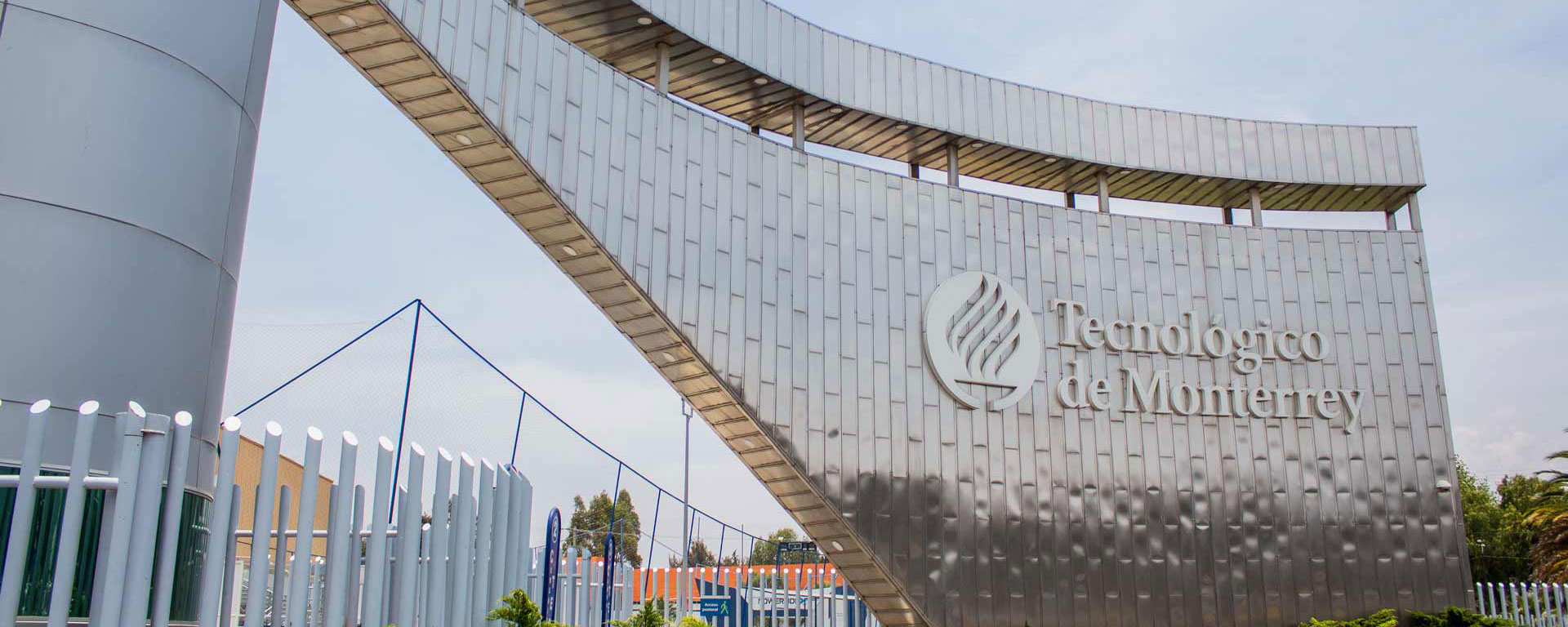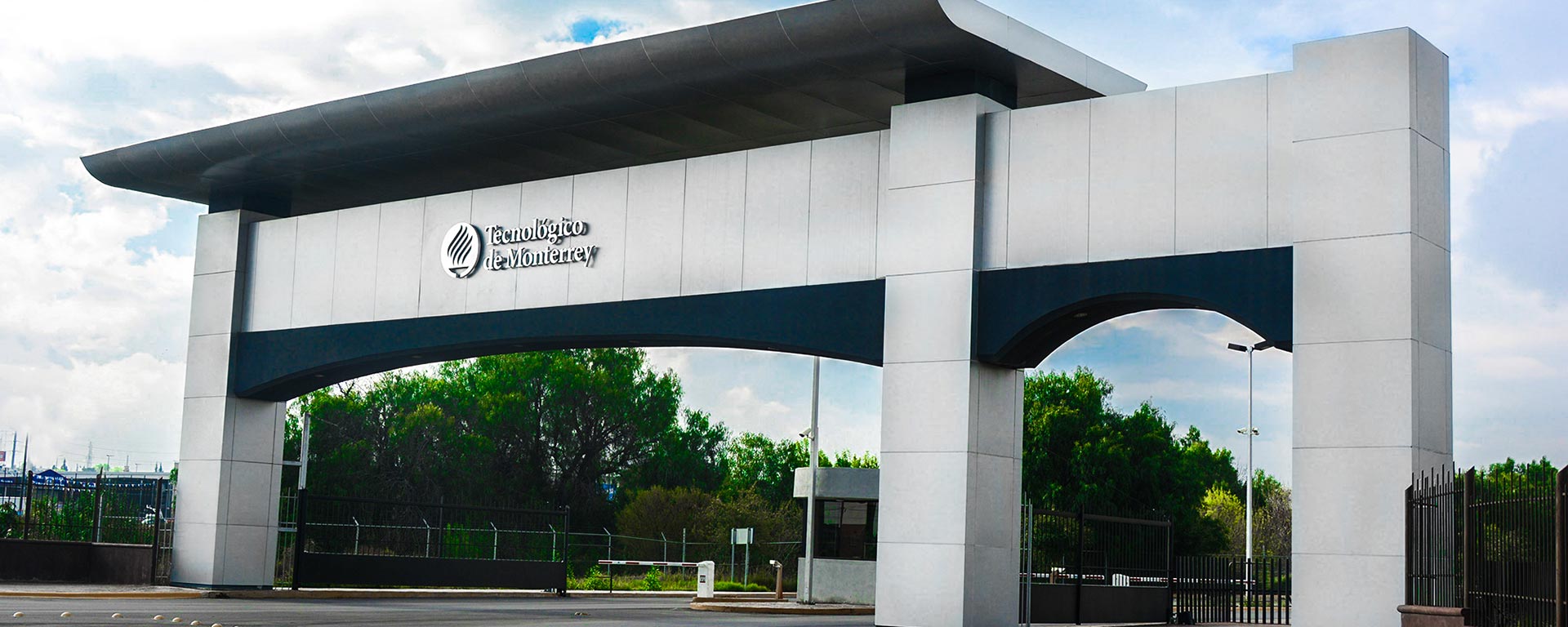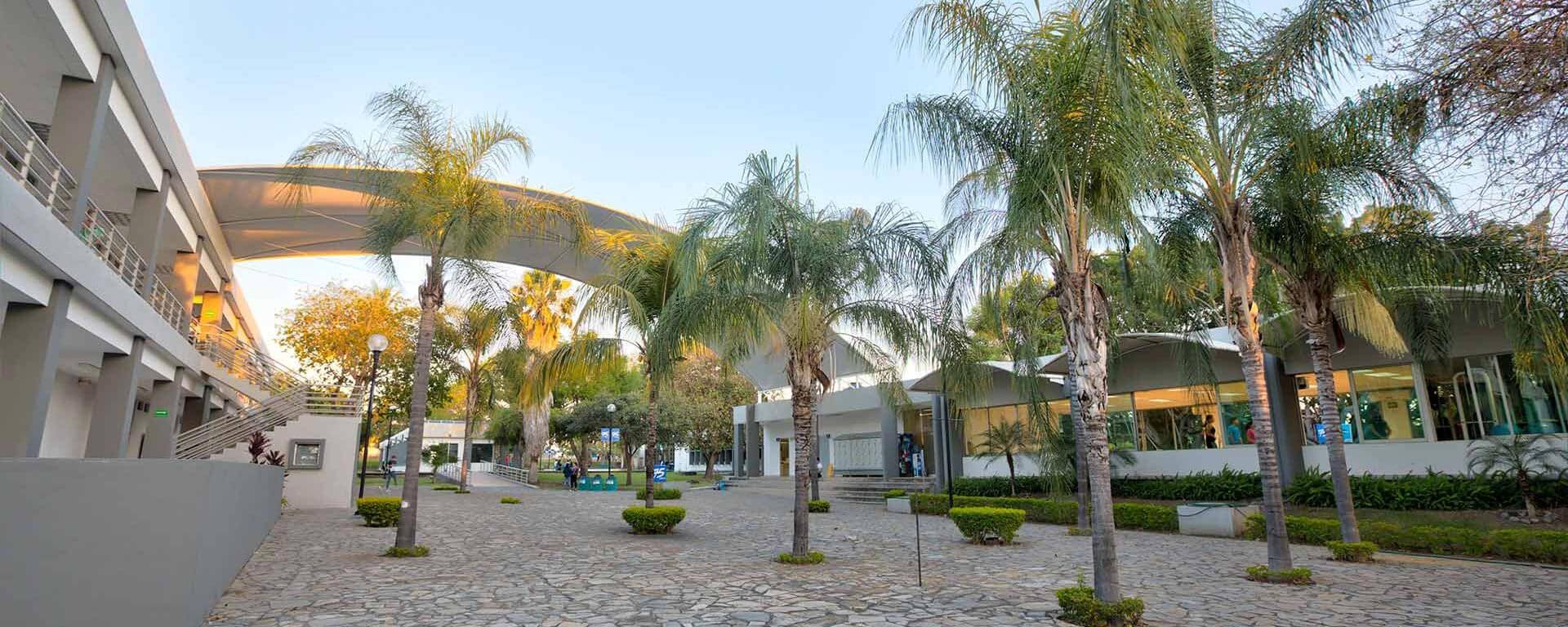Commitment to Integrity
“As a member of the student community of Tecnológico de Monterrey, I am aware that all people deserve respect. I assume an attitude of listening and dialogue that contributes to mutual understanding. I understand that my personal development and learning of excellence involve acting with integrity in my academic and personal life.
Therefore, I commit to:
- Respect others, their opinions, and differences, to live together in an environment of tolerance and safety.
- Know and comply with academic and student regulations for the good of our Tec community.
- Be aware that my actions impact not only the environment, but also other people in my city, country, in the world, and even in future generations.
- Pursue my well-being in its different dimensions to achieve my goals and promote a healthy coexistence in my community, acting as an agent of change in my environment, in a safe and assertive way.
- Do my own work, be honest about what I know and what I need to learn, as well as respect the work of others, and ask for help when necessary.”



